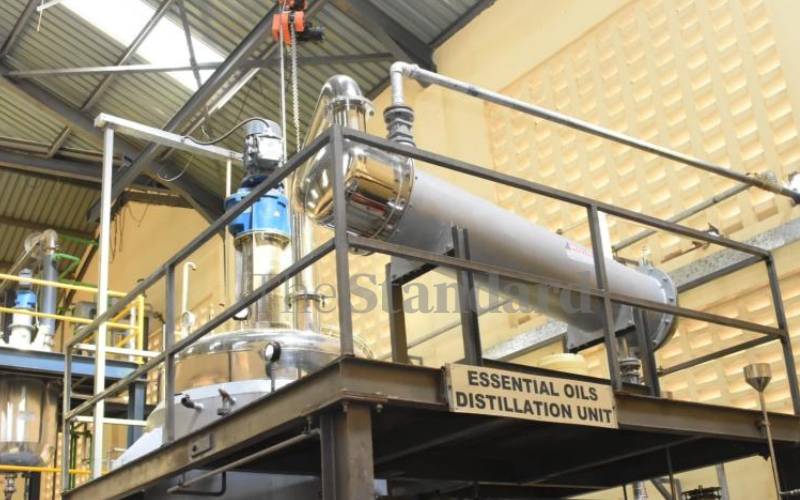×
The Standard e-Paper
Join Thousands Daily

Wajir resins processing factory. [Paul Kangethe, Standard]
The aerial view en route to Wajir gradually changes from the densely populated Nairobi metropolis into green farming zones of the counties neighbouring Nairobi.